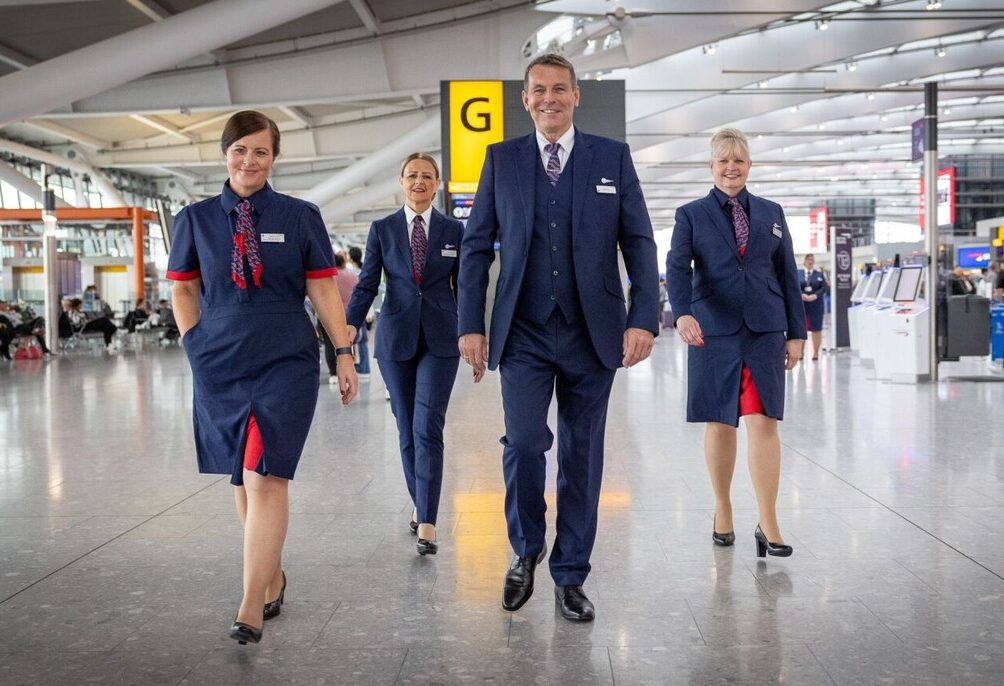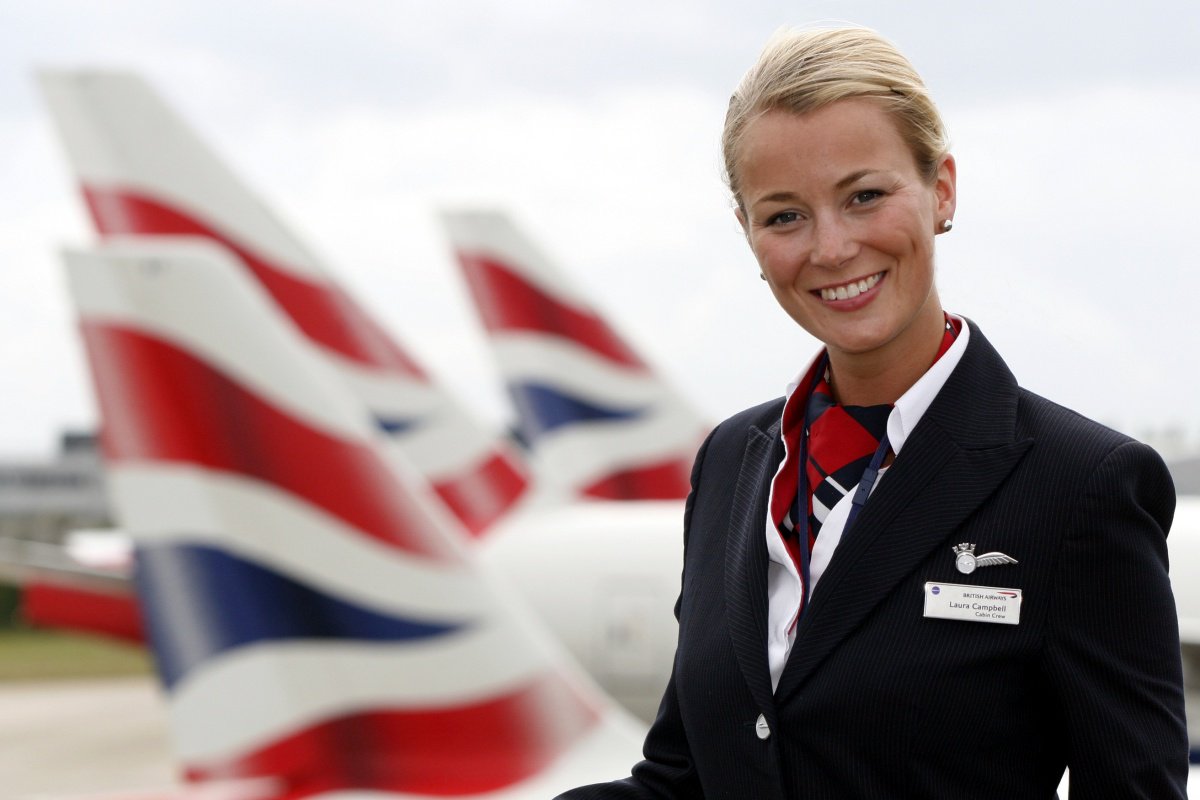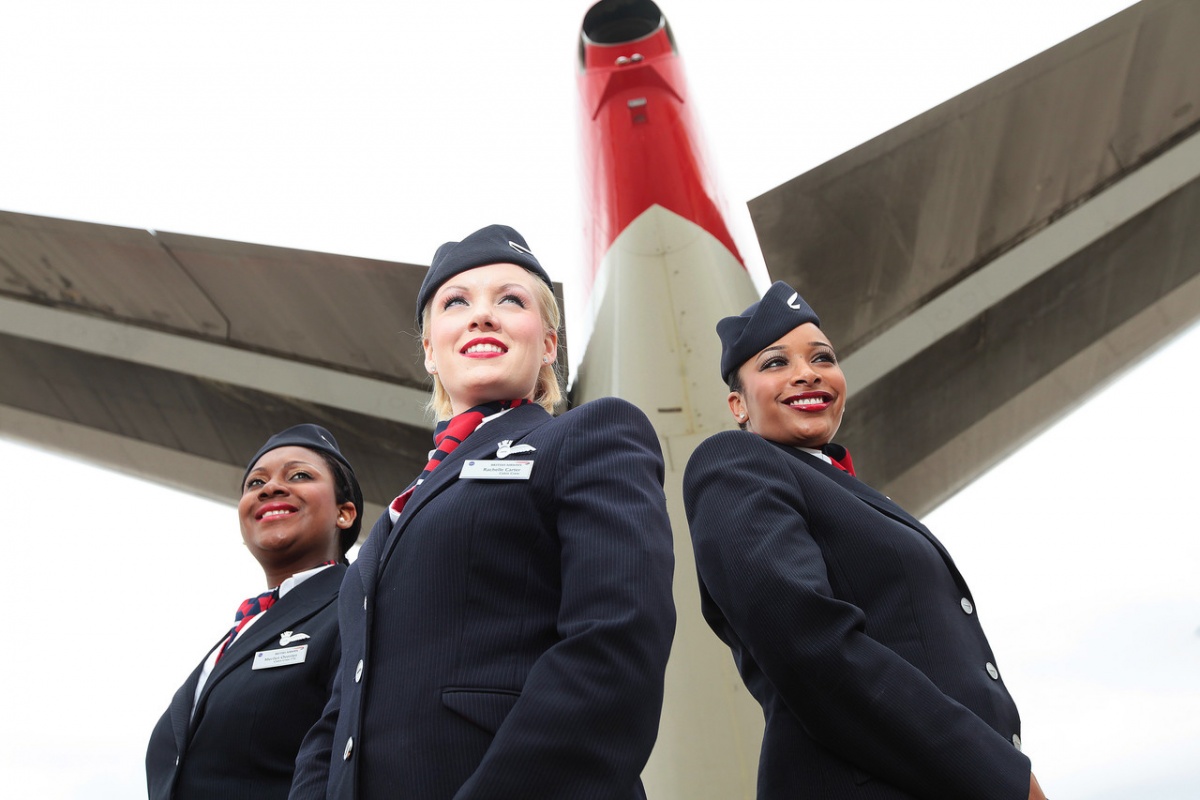
Riyadh Air, Saudi Arabia's ambitious new state-owned airline, is making a strategic move to establish a strong presence in the Indian market. CEO Tony Douglas is leading a high-level delegation on a crucial visit to India from March 12 to 14, 2025, just months before the airline's anticipated launch later this year.
The delegation's primary objective is to explore potential partnerships and strengthen aviation ties between Saudi Arabia and India, recognizing the latter's growing importance as a key market for the airline's expansion plans.
During their visit, the Riyadh Air team will engage in a series of high-stakes meetings with various stakeholders in the Indian aviation sector. Notably, they will meet with officials from the Directorate General of Civil Aviation (DGCA) and the Embassy of the Kingdom of Saudi Arabia to secure the necessary regulatory approvals for launching operations in India.
Additionally, Douglas is scheduled to hold discussions with representatives from India's two largest airlines, Air India and IndiGo, to explore possible collaborations that could enhance connectivity between the two nations.
This strategic initiative aligns with Saudi Arabia's broader Vision 2030 economic transformation plan, which aims to position India as its largest tourism source market by the end of the decade.
The Saudi Tourism Authority has set an ambitious target of welcoming 7.5 million Indian visitors annually by 2030, capitalizing on the remarkable 50% surge in Indian travelers to Saudi Arabia in 2023, which exceeded 1.5 million visitors.
To support this goal, Riyadh Air has already taken a significant step by appointing Bird Travels as its exclusive distribution and sales partner in India, leveraging the company's extensive network and deep understanding of the Indian travel landscape.
As Riyadh Air prepares for its commercial launch, the airline is actively expanding its fleet and route network. The carrier plans to operate a mix of narrow-body A321 neos and wide-body B787-9 Dreamliners, with ongoing discussions for additional wide-body aircraft from Boeing and Airbus.
With its sights set on connecting Saudi Arabia to over 100 global destinations by 2030, Riyadh Air's focus on the Indian market underscores the growing importance of the country in the global aviation landscape and the potential for enhanced economic and cultural ties between Saudi Arabia and India.


























-302cd4-large-1748788146 (2).jpg)




-302cd4-large-1748788146 (2).jpg)









.jpg)
.jpg)
.jpg)


.jpg)
.jpg)

.jpg)



.jpg)


.jpg)